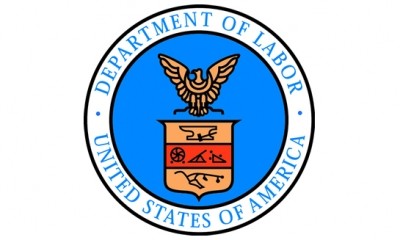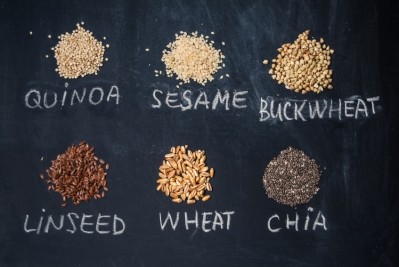Independent Bakers Association ‘strongly urges’ rethink on US overtime proposal

The current Fair Labor Standards Act guarantees a minimum wage and overtime pay at a rate of not less than one and one- half times the employee's regular rate for hours worked over 40 in a workweek. However there are exceptions for so called 'white collar' employees. The DOL is hoping reduce the number of exemptions.
Its proposal will mean approximately 25% of all exempt employees in the US will be eligible for overtime pay, according to DOL estimates. This means companies will have to pay overtime to about 5 million additional employees across the nation, just about doubling the number.
Other provisions of the new proposal include:
- Minimum salary for exemptions will be about $970 per week, or $50,440 annually, by 2016.
- Total annual compensation for highly compensated employees moved to the 90th percentile of weekly earnings. In 2013, this would be about $122,000 per year.
- Minimum salary and compensation levels will be automatically updated via a mechanism moving forward.
The proposed rule’s public comment period ended on September 4 and is now currently being reviewed. It likely will not be published in its final form until 2016.
IBA’s response
Nicholas Pyle, president of the IBA, wrote in a letter to Mary Ziegler, DOL Director of the Division of Regulations, Legislation, and Interpretation, denouncing the proposal. Pyle said employees across a large portion of IBA’s membership would be “negatively affected by the steep increase to the exemption salary threshold.”
“In addition, our member companies would be negatively affected by DOL’s proposed decision to place the exemption threshold calculator on an annual ‘auto-pilot’ and its decision to assess and potentially alter the exemption ‘duties test’ without following proper notice and comment rulemaking procedures,” he wrote.
The increase to the salary exemption threshold will harm the operations of IBA member employees and operations, he said, as Pyle said the proposed rule has a higher threshold than any other state law. This has potential to hurt companies and employees in cities and states with lower cost of living.
Pyle also expressed concern for workers at salaries below the threshold employed by IBA member companies, as he believes they will lose the benefits associated with exempt status and “effectively be demoted”. These employees will have fewer opportunities for career training, advancement and flexible work arrangement, he said.
“Incentive pay and bonus structures will also have to be revised to reflect the new rules, which will likely be a negative from the perspective of the currently exempt employee,” he wrote in the letter to the DOL.
Call to follow proper APA procedures
Pyle submitted what he called “substantive objections” to the duties test used to determine overtime-exempt status. He said the implication is the DOL would change these tests without a public opportunity to comment on them, something he said would be a violation of the Administrative Procedure Act.
“Substantively, we urge that the duties test not be altered because it would muddy the waters of the streamlined test of 2004 and would place an undue and constant administrative burden on employers and employees trying to understand how to comply with a more complicated test,” he wrote, adding that the test must remain stable and unchanged.
These proposed rule changes would “affect the finances, management, and company morale” of many companies in the baking industry, Pyle said.
He closed the letter by saying that the IBA “strongly urges” the DOL to reconsider moving forward with these new proposals.











